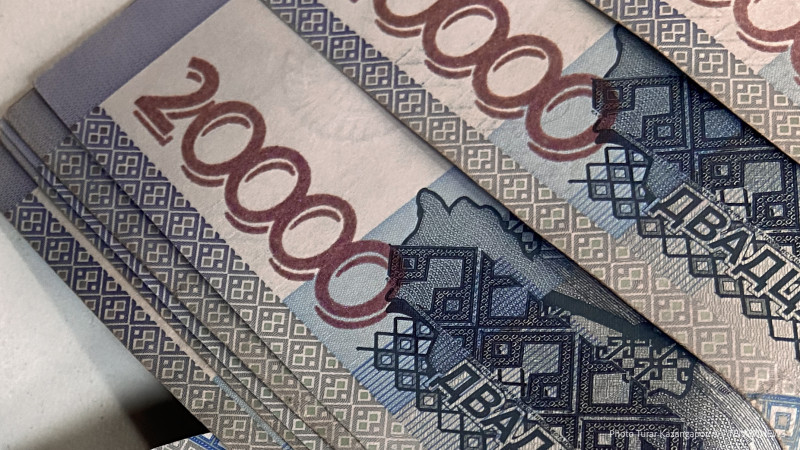Against the background of increased volatility in global financial markets and in order to prevent destabilization in the domestic foreign exchange market, the KASE trading were held in the form of a Frankfurt auction on February 28. The Frankfurt auction mechanism makes determines the auction striking price, at which the maximum possible volume of transactions is concluded, and is aimed at preventing unreasonable volatility.
As a result of the auction, the tenge rate was formed at the level of 495.00 tenge per one US dollar. The trading volume was 159.5 million USD. The NBK's foreign exchange interventions amounted to USD 98.1 million, the NBRK's participation interest was 61.5%.
The National Bank of the Republic of Kazakhstan made an unscheduled decision on the base rate, due to the need to maintain price stability against the backdrop of the realization of risks from the external sector. The base rate was increased from 10.25% to 13.5% per annum with an interest rate collar of +/-1.0 p.p.
An increase in the interest rate contributes to the balance of the domestic foreign exchange market by raising the attractiveness of the tenge and assets in the national currency. How does it work? With the base rate increase, the interest on both loans and deposits grows. Thus, a more attractive tenge rate eliminates the flow of deposits into foreign currency deposits. A higher tenge rate will also stimulate an increase in the supply of foreign currency from non-residents and will support the internal trend towards de-dollarization of both the deposit base and economy as a whole.
To ensure the financial market stability and maintain the attractiveness of tenge deposits, the National Bank of the Republic of Kazakhstan, together with the Government of the Republic of Kazakhstan, is implementing the Tenge Deposit Protection Program, which provides for the accrual of compensation (premiums) on deposits of individuals at the expense of the budget.
The 10% compensation will be accrued to each person in each bank once on the specified deposits in the total amount within the balances at the end of the day on February 23, 2022, but not more than 20 million tenge (not more than the actual deposit amount, if it does not exceed 20 million tenge), 12 months after the start of the program. The compensation will not be subject to personal income tax.
In general, a prudent monetary policy pursued within the framework of inflation targeting can effectively prevent the spread of the consequences of an external shock to the local economy and ensure the protection of tenge assets.
Photos are from open sources.





